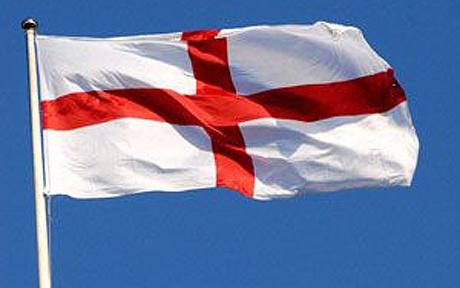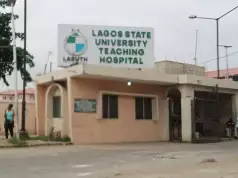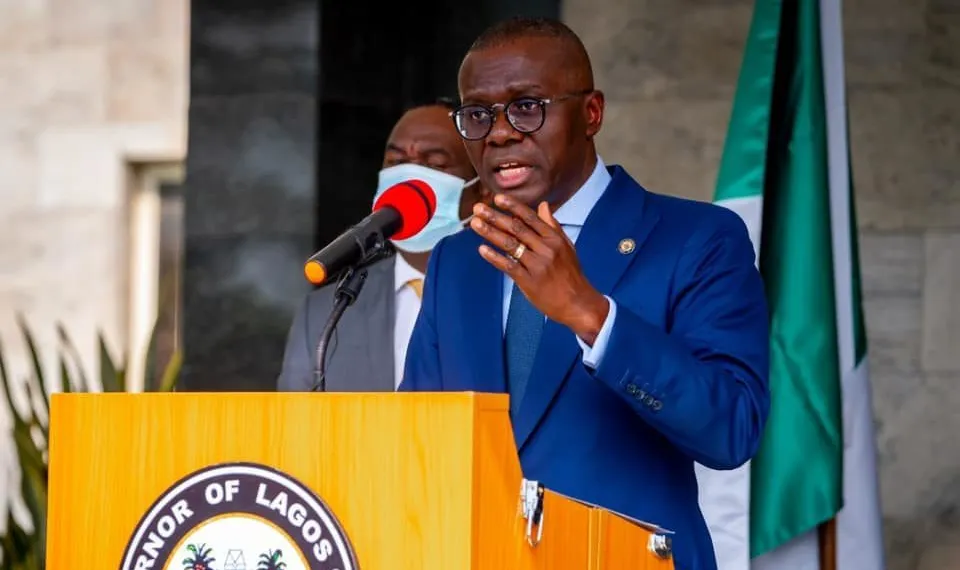A week before the general election, the Junior hospital doctors in England on Thursday commences a five-day strike
It follows nearly a dozen similar actions by doctors below the specialist, consultant level over the last 18 months.
The NHS is grappling with a massive backlog caused by the Covid-19 pandemic and exacerbated by the repeated doctors’ strikes.
As well as delays to operations and starting cancer treatment, an increasingly dissatisfied public also face long waits to see a doctor at their local surgery.
A recent survey suggested that less than a quarter of Britons were satisfied with the NHS, an unprecedented level.
The doctors have been asking for 35 percent “pay restoration” as a starting position amid a cost-of-living crisis.
They have said they will call off the action if Conservative Prime Minister Rishi Sunak comes to the table with a credible commitment to increase their pay.
The strike will run until Tuesday, two days before next Thursday’s general election which the main opposition Labour party is expected to win.
Labour’s health spokesman Wes Streeting has said any Labour government would not meet the 35 percent demand but that there is “space for a discussion”.
Decades-high inflation in 2023 saw workers from sectors across the economy stage walkouts from teachers to train drivers.
The government, quasi-public agencies and private sector firms have resolved many of the other pay disputes, but some remain outstanding, such as with the junior doctors.
Sunak’s government has said the doctors’ demands are unaffordable because of stretched public finances.
It has accused the strike organisers of being politically-motivated.










